2007
The FINOVI Foundation (Foundation for Innovations in Infectious Diseases) works to support basic and combined research in the field of infectious diseases. It is a structuring tool under the aegis of the Foundation for the University of Lyon that favours the innovative nature of the research proposed on the Lyon and Grenoble sites.
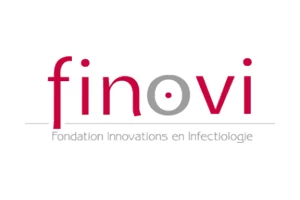
2012
BIOASTER, the only Technological Research Institute (TRI) in health in France, develops an innovative technological model to meet the latest challenges in microbiology. These challenges include combating antimicrobial resistance, improving the safety and efficacy of vaccines, rapidly diagnosing infections, and the use of human and animal microbiota.
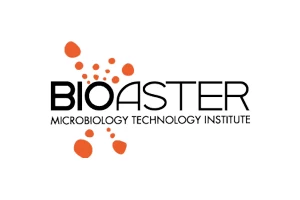
2014
MabDesign aims to structure and lead the industrial sector in immunotherapy, to increase the competitiveness of SMEs and to promote the development and production of biomedicines in the region.
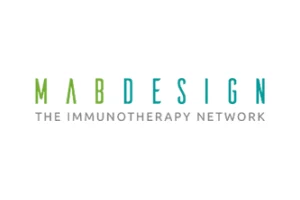
2020
The Filière Nationale du Diagnostic In Vitro will enable the roll-out of practical activities, including concerted leadership and support by the three founding clusters, representation and support from SIDIV (Syndicat de l’Industrie du Diagnostic In Vitro), cooperation with the medical, scientific and technological world, openness to specialised investors, and consistency with government initiatives in order to support the development of key players in IVD in France.
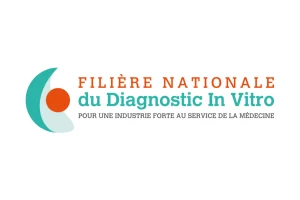
2020
HUB VPH, the world’s leading hub in Veterinary Public Health, a strategic field strongly linked to Global Health issues, was created to fight infectious diseases. It focuses on four main issues: crisis management of animal epidemics (epizootics) with high economic impact, the fight against antibiotic resistance, food safety, and the preservation of biodiversity.

2020
The i-Care LAB, a health lab in the Auvergne-Rhône-Alpes region, promotes the creation of new solutions in order to accelerate the transformation of the health industries, in particular through digital technology in collaboration with users and key players in public and private health.
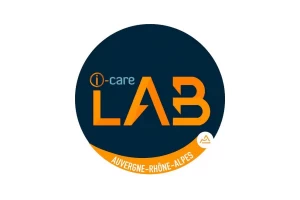
2021
The European Microbiome Innovation for Health aims to promote the French ecosystem involved in microbiota. Its aim is to build an ecosystem of excellence, placing France as a European leader in the development, production and marketing of scientific and therapeutic innovations related to microbiota.
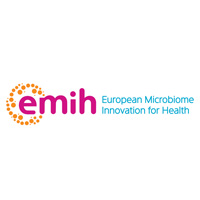
bioXclusters PLUS (2016 – 2018), which follows on from the bioXclusters project (2012–2014), is a European project that brings together four clusters: Biocat (Spain), BioM (Germany), BioPmed (Italy) and Lyonbiopole (France).
It has enabled joint actions to support the positioning of European biotech SMEs on six strategic international markets (United States, Brazil, China, Japan, Canada and South Korea) through shared tools and the creation of links with local organisations.
One of the successes of this project was the signing of a memorandum of understanding with the Osaka Bio Headquarters, located in Osaka Prefecture, Japan, to facilitate access to the Japanese market for European companies. Every year, Lyonbiopole and the Osaka Bio Headquarters organise a trip involving a delegation of companies to participate in a meeting and networking event in Osaka, before the BioJapan business convention.
The project was co-funded by the European Union, as part of the COSME programme.
MAGIA2Market (2020–ongoing), which follows on from the MAGIA project (2018–2020), is a European project that brings together four clusters: BioPmed (Italy), BioWin (Belgium), Life Science Nord (Germany) and Lyonbiopole (France).
Together, they implement actions to support European Medtech companies with their international development in China, Japan and the USA, and to increase the international visibility of the European medtech industry.
This is achieved by:
The project is co-funded by the European Union, as part of the COSME programme.
S3martmed (2018 – 2020) is a European project that brings together five European clusters: BioPmed (Italy), BioRegio STERN (Germany), BioWin (Belgium), GAPR – Medsilesia (Poland) and Lyonbiopole (France).
It has enabled joint actions to promote interregional and intersectoral cooperation between European clusters and their member SMEs in the field of medical technologies. Through its actions, the partners have contributed to the implementation of smart specialisation policies with their regions and encouraged future investment in medical technologies.
The project was co-financed by the European Union, in the context of the COSME programme.
Launched in 2020, the Covid AuRa Translate project will allow for a better understanding of the mechanisms of infection in order to provide answers to industry workers for the efficacy of future vaccines and treatments. Led by the BIOASTER TRI, in collaboration with Sanofi, bioMérieux, Boehringer Ingelheim, the region’s four university hospitals and Lyonbiopole, it brings together around forty researchers with a budget of 4.5 million euros and financial support from the European Union via the ERDF funds – as well as the Bullukian, Finovi and Institut Mérieux foundations.
The project is based on a “bio-bank” of thousands of samples taken from several cohorts representing different types of patients and a follow-up of up to 24 months post-infection. The efficacy of the new treatments will be studied using a rodent model developed in collaboration with the VetAgroSup veterinary school. These tools will help provide a better understanding of the pathophysiological mechanisms of infection and the host response and therefore anticipate and adapt vaccine solutions, identify biomarkers of interest for the development of diagnostic tests, and contribute to identifying therapeutic solutions.